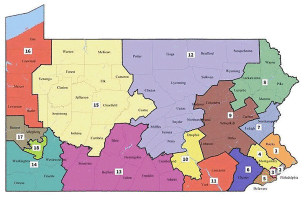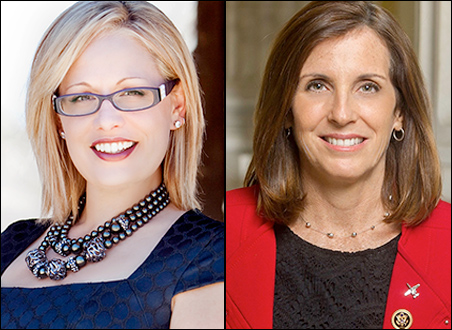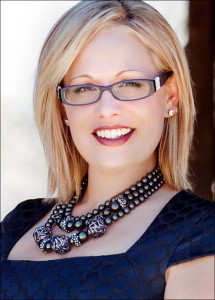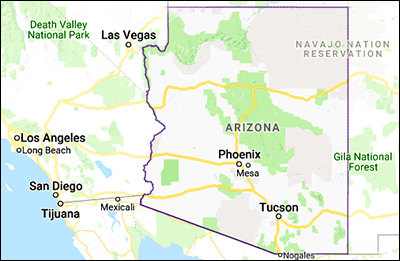By Jim Ellis

Appointed Arizona Sen. (and former representative) Martha McSally (R)
Sen. John McCain (R), who was re-elected in 2018, passed away in late August almost a year ago, on the 25th. Gov. Doug Ducey (R) then appointed former Sen. Jon Kyl (R) to serve until the 2020 election, but Kyl only pledged to stay through 2018. He then resigned before the new Congress took office at the beginning of this year. Gov. Ducey responded by appointing then-Rep. McSally (R-Tucson), who had just lost the 2018 open seat US Senate election to then-Rep. Kyrsten Sinema (D-Phoenix).
Because Sen. McCain died so early into his term, there would be an appointment followed by a special election. The appointment would extend to the next general election in 2020, with the winner serving the balance of the term. Therefore, whoever wins next November’s special election wouldn’t be eligible to run for a full six-year term until 2024.
Under Arizona law, which is similar to succession laws in 35 other states, the governor appoints an interim senator who serves until the next regular election. In 14 states, which have systems similar to what the plaintiffs are demanding, a special election is scheduled at the earliest possible date according to the individual state law.
In Sen. McSally’s case her interim term would stretch to 27 months, which the group of plaintiffs argues is too long a time to not give the voters a say. The federal district court judge rejected the argument, but the plaintiffs appealed to the 9th Circuit. Late last week, the appellate court agreed to hear the case, and will do so in an expedited manner.
The 2020 Arizona special election promises to be one of the most hard-fought campaigns during the cycle. Even at this early date it is already clear that the two major party nominees will be Sen. McSally and retired astronaut Mark Kelly (D), who is the husband of former US Rep. Gabrielle Giffords (D-Tucson).
The contest is already almost at fever pitch. In fact, Kelly raised more money in the 2nd Quarter than any other US Senate candidate, $4.24 million, but he was closely followed by Sen. McSally who raised the second-most of any federal candidate in the country, $3.4 million. Kelly had $5.9 million cash-on-hand at the end of June while Sen. McSally had $4.4 million.






